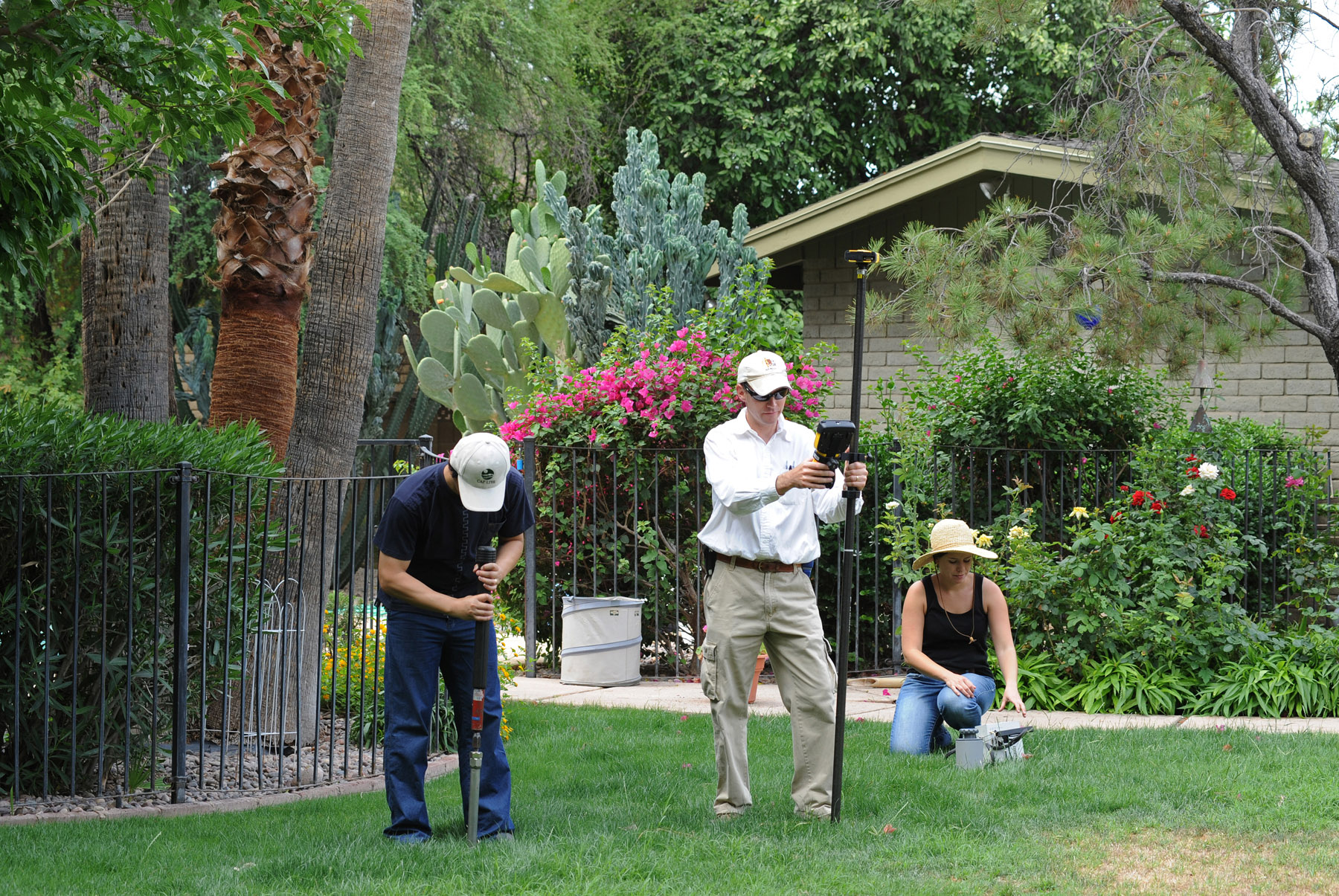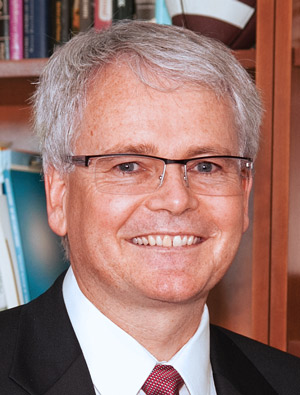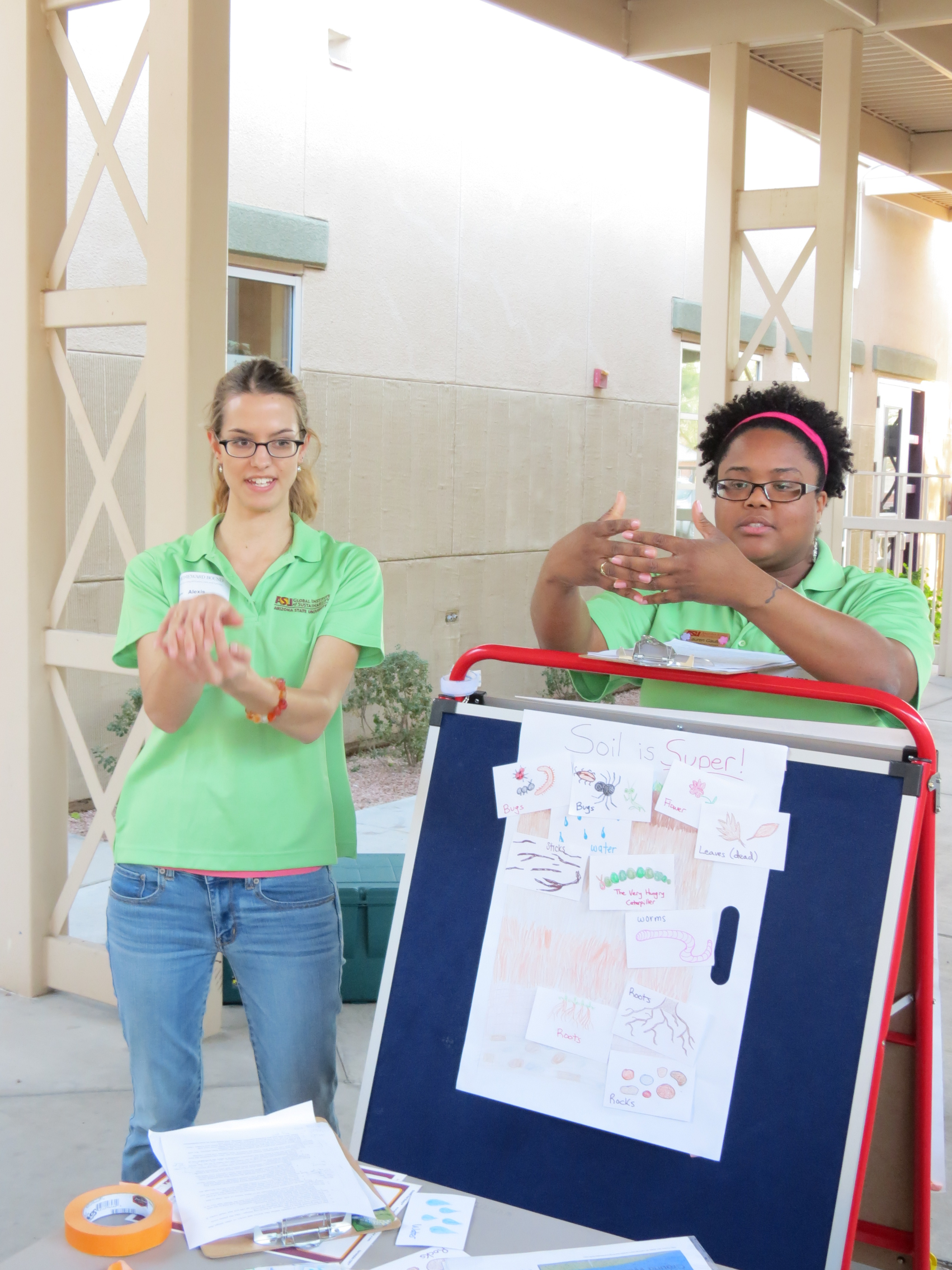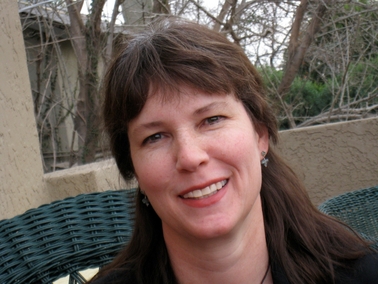The goal of the Central Arizona Conservation Alliance Student Research Grants program is to support research that assists land managers in making informed decisions about natural and cultural resources of the City of Phoenix Desert Mountain Parks and Preserves, Maricopa County Regional Parks, and City of Scottsdale’s McDowell Sonoran Preserve. To that end, we encourage applied and/or usable basic research that 1) fills gaps in the ecological, social, and cultural understanding of Preserve resources, and 2) addresses specific management issues. Preference will be given to projects addressing human impact, developing indicators and standards for resource protection, local and regional benefits derived by preserve/open space park systems, assessing wildlife corridors/connectivity/linkages, climate change and/or urban heat island effects, and species inventories. Grants will be for up to $2,500 for individual research proposals or for up to $5,000 to support collaborative research projects.
For 2014 grants, the deadline for application is 9/2/2014. Awards will be announced by 9/15/2014.
Background
The Central Arizona Conservation Alliance (CAZCA) is a collaboration of land managers, scientists, educators, community members, and conservation-based non-profit organizations committed to focusing collective expertise on the ecological and recreational sustainability of the mountain parks/preserves in and around the Valley. The Alliance believes that community engagement in the study, restoration, and promotion of these preserves will be critical to its success.
Partners in the CAZCA are: Desert Botanical Garden (as coordinating institution); Maricopa County Parks and Recreation Department; City of Phoenix Parks and Recreation Department- Natural Resources Division; McDowell Sonoran Conservancy; Audubon Arizona; Phoenix Mountains Preservation Council; and Arizona State University’s Central Arizona Long-term Ecological research project (CAP LTER), School of Life Sciences, School of Community Resources and Development, and Center for Biodiversity Outcomes. The partnership’s focal preserves are City of Phoenix Desert Mountain Parks and Preserves, Maricopa County Regional Parks, and City of Scottsdale’s McDowell Sonoran Preserve.
The goal of the Student Research Grants program is to support research that assists land managers in making informed decisions about the natural and cultural resources of the Preserves. To that end, we encourage applied and/or usable basic scientific and scholarly research that 1) fills gaps in the ecological, social, and cultural understanding of Preserve resources, and 2) addresses specific management issues. Grants will be for up to $2,500 for individual research proposals or for up to $5,000 to support collaborative research projects.
Eligibility
Grant recipients must be self-directed individuals whose work will contribute to the scientific knowledge of the natural and cultural resource of our local desert mountain preserves. CAZCA’s Research Grants support research in the biological, physical, social, and cultural sciences. We welcome proposals from across the study areas listed above, but 2014 priority will be given to research with opportunities for community engagement and which focus toward
- human impact
- developing indicators and standards for resource protection
- local and regional benefits derived by preserve/open space park systems
- wildlife corridors/connectivity/linkages
- climate change and/or urban heat island effects
- species inventories
CAZCA Grants are designed to support funding for graduate students, but may also be appropriate for undergraduate students. Researchers must have study sites on one or more of these preserves. Collaborative projects across two or more preserves/parks is encouraged.
Recipients must complete their work within one year of receiving grant funds, have some public outreach component to their work, and provide a final report and presentation to the partnership.
Allowable expenses
Funds may be used for a variety of purposes including but not limited to materials/supplies, local travel directly related to field work, and lab fees. Requests for permanent equipment are not encouraged, but will be considered. Any permanent equipment purchased with grant funds remains the property of the Central Arizona Conservation Alliance and will need to be returned at the end of the project. Funds may not be used for tuition, student fees, institutional overhead, course textbooks/materials, thesis preparation, publication of results, costs associated with attendance to professional meetings, or fringe benefits.
Provisional acceptance pending research permit
Grant funding is provisional until a research and collecting permit is approved and issued for each study site. Being awarded a grant is NOT A GUARANTEE that a research and collecting permit will be issued for work in a park/preserve as written in the proposal. Modification of methods or sites may be necessary. Grant recipients are encouraged to submit the application for a research and collecting permit for work in a park/preserve as soon as possible. Prior to issuing a permit, land management staff will review the project for compliance with policies and administrative concerns.
Requirements of award winners
Fulfill all conditions of the park/preserve research permit.
Awardees are required to provide the following to the Central Arizona Conservation Alliance Program Coordinator (Stacie Beute) within three months after the completion of field work.
- At least one public outreach product such as public participation in the research itself, a talk at a nature center, or a poster, fact sheet, classroom activity to share the research process and results. If a talk is given, please share plans for study, observations to date, and similar projects already completed. Please discuss tentative choice for public outreach with CAZCA’s program coordinator Stacie Beute.
- Provide electronic final report to include: intro, methods, results, discussion, relevance to management, literature cited, and acknowledgements or thesis/dissertation as appropriate.
- Send several digital photos of researcher/field work in progress with captions for photos in a separate word document
Application instructions
Applicants must submit the following documents via email to Central Arizona Conservation Alliance Program Coordinator Stacie Beute (sbeute@dbg.org) by 6pm Tuesday, September 2, 2014.
- An abstract of the proposed research endeavor and its relevance to Preserve land managers. The abstract should state the central research objective/question and methods to be employed. (250 word maximum)
- A research proposal (2 pages maximum, 12-point font, single spaced) to include the following sections, with headings:
- Project title
- An introductory section that briefly reviews current literature on the proposed topic to provide context for and importance of the research objective/question. Research objectives or question
- A description of the research design including methods and data analysis
- A discussion of expected results and/or predictions
- A description of the significance of the proposed work to park management issues or resources (see review criteria #3 below)
- Proposed research sites
- Lists for logistical help in the park, i.e. camping in the backcountry, temporary work and/or storage space, access by private vehicle, etc
- Literature Cited (2 page maximum)
- Project budget and justification with detailed categories and narrative of justification. Categories:
- Materials/supplies
- Local travel
- Laboratory fees
- Equipment (if approved, see Allowable Expenses section)
- Other (with details)
- A curriculum vitae or resume that lists research experience
- A letter of support from a faculty or academic advisor
Review criteria
Proposals will be reviewed by a panel and award decisions will be made and communicated by 9/15/2014. The following criteria will be important in determining which projects are funded:
- Completeness of application
- Intellectual merit (overall quality of the science proposed and feasibility of the research)
- Significance of the project to preserve/park management issues or resources, i.e. does it help managers make decisions about critical issues? Does it provide missing resource information or help set targets or indicators of desired resource condition?
- Educational outreach component, i.e. does the applicant clearly suggest outreach component(s)? Is the outreach creative and useful to the preserve/park?
Contact Information
To ask questions, submit proposals, discuss logistics, or discuss public outreach components, contact:
Stacie Beute, Conservation Alliance Program Coordinator, Desert Botanical Garden
sbeute@dbg.org or 480.481.8187.







